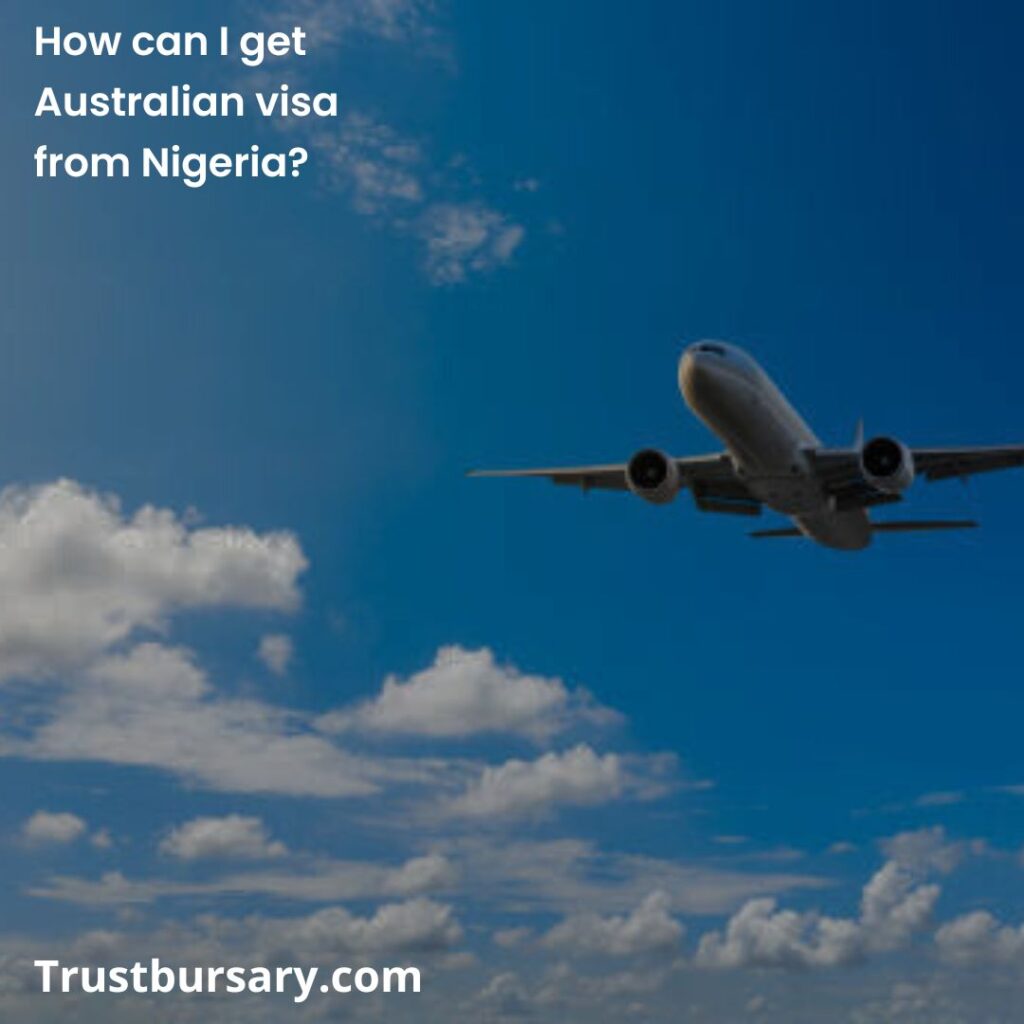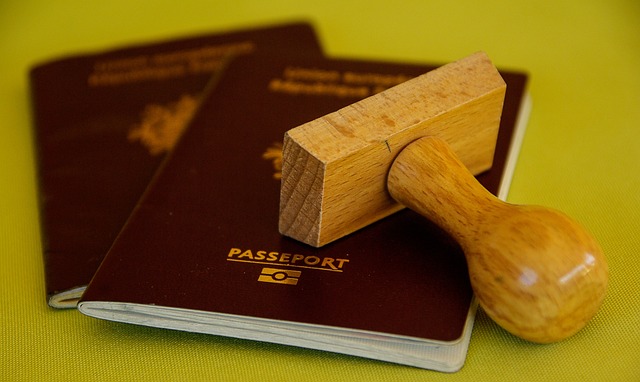If you are not from any Schengen area (it contains 27 European countries) and wish to travel around the Schengen region, you need to obtain a Schengen visa.
With your Schengen visa, you are allowed to visit all Schengen nations and experience their rich cultures and historical marvels.
Read also: How do I anonymously report someone to immigration in Australia?
Here is an insight, getting a Schengen visa can sometimes be very challenging, especially if you have a “not so good” history with any of the Schengen nations.
If you have faced Schengen visa rejection before – maybe your previous application was rejected or you didn’t get the reply you had hoped for – it doesn’t necessarily mean the end of your trip.
You can beef up your application – improve your case and stand a better chance of getting approval.
Read also: What documents do I need for Australian tourist visa?
Depending on the reason for the rejection, below are your chances of getting a Schengen visa after rejection.
Getting a Schengen visa rejection is very common
If your visa has just been rejected, believe me, you are not the first, Schengen visa rejections happen all the time.
In 2022, over 1.3 million Schengen visa applications were rejected (representing 17.9% of total Schengen visa applications within the same year).
Read also: Importance of choosing the right course in college
Common reason why Schengen visas get rejected
There are many reasons why these visas get rejected and no single reason is general, however, some reasons are common.
They include:
- It could be that your documents are complete: If you want to stand any chance at getting a Schengen visa, you must include all the required documents in your application. If after submitting your application the immigration authorities of the issuing country find out that there are missing documents, your application will be rejected. Whether it’s missing financial statements, incomplete travel itineraries, or failure to provide proof of accommodation. To stand a chance, you must ensure that every necessary document is included in your application.
- If you don’t have enough proof of your financial capacity: Nobody will grant you a visa when they are not sure that you can sponsor yourself throughout your trip. Consulates need assurance that you have enough money to cover your trip without resorting to illegal activities such as working illegally. If you don’t provide enough proof that you have planned out everything about your trip and that the funds are there to sponsor yourself, you won’t get your visa approved. Always remember this when applying for a visa.
- If you have a “not so good” travel history: If you want to keep moving around Europe, you need to keep a clean travel history. Don’t be the kid who doesn’t listen or obey rules. Suppose your travel history includes overstays or visa violations in other countries especially a country from the Schengen area. In that case, it will certainly raise concerns about your intention to abide by the terms of the Schengen visa – and lead to rejection.
- If your information isn’t accurate: If immigration authorities of the issuing country find any inconsistencies in the information you provided in your visa application form or supporting documents – maybe there are conflicting travel dates or differing financial statements, your application will be rejected before you even submit it.
- If you don’t have a reason to travel: Who travels without a reason – nobody. You must have a convincing reason for your visit to the Schengen area. And, you must make this reason very clear.
Read also: Can I apply for PR while studying in Canada?
Your chances of getting a Schengen visa after rejection
Your chances of getting a Schengen visa after rejection depend on the reasons for the rejection and how thoroughly you addressed the issue raised by the issuing country’s immigration authorities in the rejected application before reapplying.
After receiving a Schengen visa rejection, you need to understand the specific grounds for rejection and take appropriate steps to rectify the particular is with your application before resubmitting it.
Read also: How you can study if you have no money
However, this still does not guarantee that your application will be approved, but it does place you in a better position and significantly improve your chances of getting approval.
How you should handle Schengen visa rejection
As we already said, receiving a rejection doesn’t mean the end of the road for you, it only means that your current application isn’t complete – something is missing and you need to resolve it before applying again.
Read also: How can I extend my student visa in Australia
Once you receive a rejection, do the following:
- Read the rejection letter or email: After going through your application and the authorities find out that it does not meet their expectation, they will send you a rejection notification. This notification will carry the reason for the rejection and what you should do. Reading through it will help you identify the specific weaknesses in your application that need to be addressed.
- Rectify issues immediately: Now that you understand the specific reason for the rejection, you need to rectify it ASAP. If there is conflicting information in your details, correct it, whatever the issue – address it properly. Ensure that everything in your application form and attached documents are clear and easy to read.
- Strengthen financial position: Proof of finance and ties to one’s home country are usually the most common reasons for visa rejection. If your rejection was due to insufficient financial resources, you need to provide more proof that you can fund your trip. Add more recent bank statements or letters of sponsorship to demonstrate your ability to finance your trip.
- Address travel history concerns: If your rejection was influenced by past travel violations, then you have an explanation to give. Provide a detailed explanation of what happened and attach supporting documents to prove that your explanation is correct and that you rectified the issue when it happened.
- State a clear reason why you want to travel: You also need to clearly state the reason for your visit and provide supporting documents. If you were invited by someone or an organization, add your invitation letters, conference registrations, or tour itineraries.
Read also: What happens when you report someone to immigration Australia?
How to increase your chances of getting Schengen visa approval after rejection
While there’s no guarantee of approval, there are several steps you can take to increase your chances of getting a Schengen visa after rejection:
- Maintain consistency in your application: To increase your chances of getting approval, ensure that you are consistent across all aspects of your application, from your travel dates, and financial documents, to the purpose of your trip.
- Keep a clean travel history: If possible, build a stronger travel history by visiting other countries and adhering strictly to visa regulations.
- Demonstrate that you have strong ties to your home country: This is very important, you need to provide evidence that you have strong ties to your home country.
- Apply at the right time: Consider timing your application strategically, taking into account factors such as peak travel seasons, holidays, and consulate processing times.
- Submit a well-prepared application: You have to ensure that your application is thoroughly prepared and neatly presented to create a positive impression on consular officers.
Also read: Can I look for a job in Canada with a tourist visa?
If you follow these tips, you will increase your chances of getting approval even after your previous application was rejected.
Considering that Schengen visa records over a million rejections yearly, getting a rejection shouldn’t weigh you down, it is not the end for you.
Also read: Can international students work full-time in Canada?
You can improve your application by going through the rejection notification and addressing the issue raised by the visa officers.



